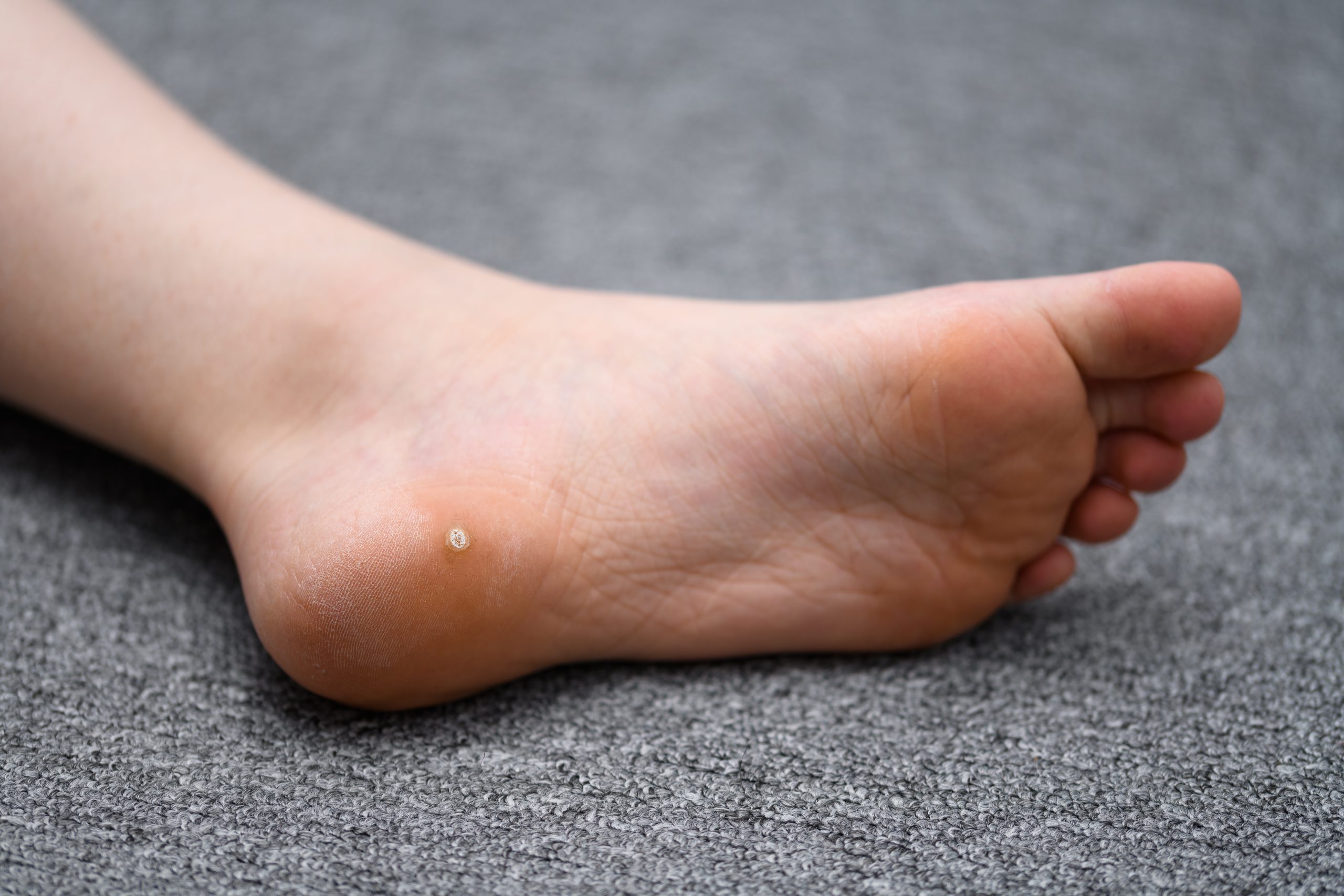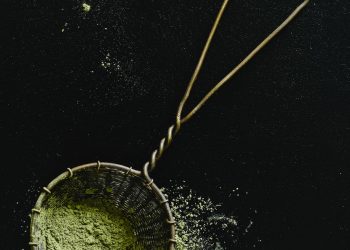Diabetes is a genetic as well as a lifestyle disease in which the blood sugar level is too high in the human body. Since it is a chronic disease and once affected, patients are usually on anti-diabetic medicines for life.
Even though it is very difficult to completely stop taking the medication completely, here are some natural and home remedies to help you keep your sugar levels in control naturally.
Much thanks to our changing, unhealthy lifestyle, stress, and lack of physical or mental exercise, the world is now engulfed by a widespread disease known as diabetes like never before.
This phenomenon is also observed to slowly deteriorate the overall health of a person, reducing his or her life span.
Home Remedies for Controlling Diabetes
1. Bitter Gourd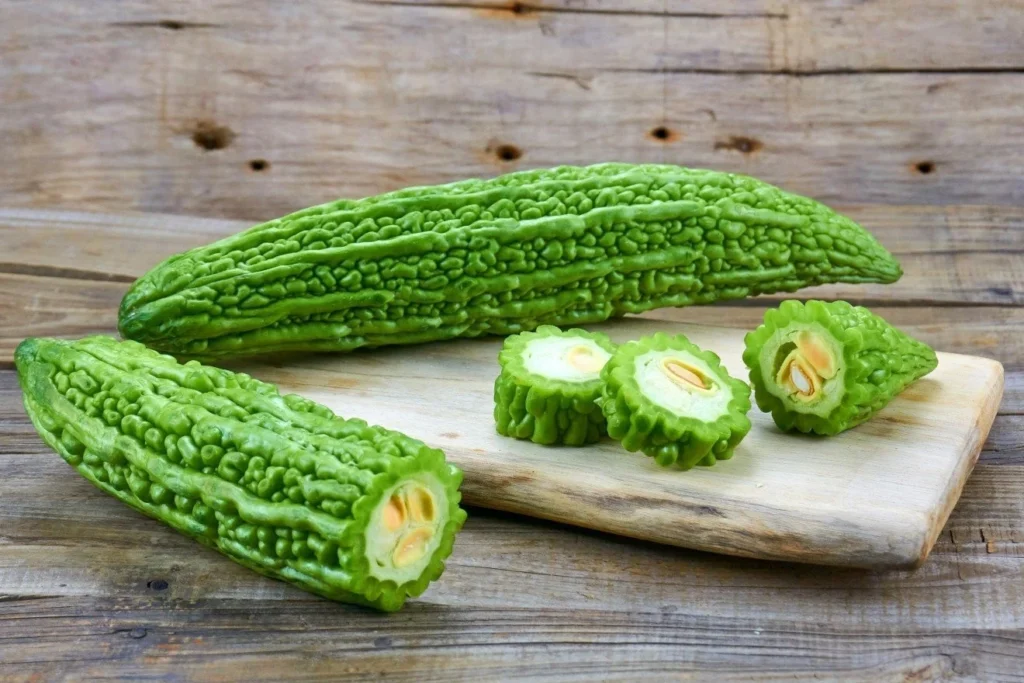
Bitter gourd is rich in plant insulin-polypeptide-P, a bio-chemical that mimics the insulin produced by the human pancreas and thus, reduces sugar levels in the body.
It is also known to be highly beneficial for diabetics owing to the two very essential compounds called character and Momordica, which are the key compounds in lowering one’s blood sugar levels. [1]
Consume karela at least once a week either as a vegetable or in a curry. If you want quick results, try having a glass of karela juice on an empty stomach once in three days. [2]
2. Cinnamon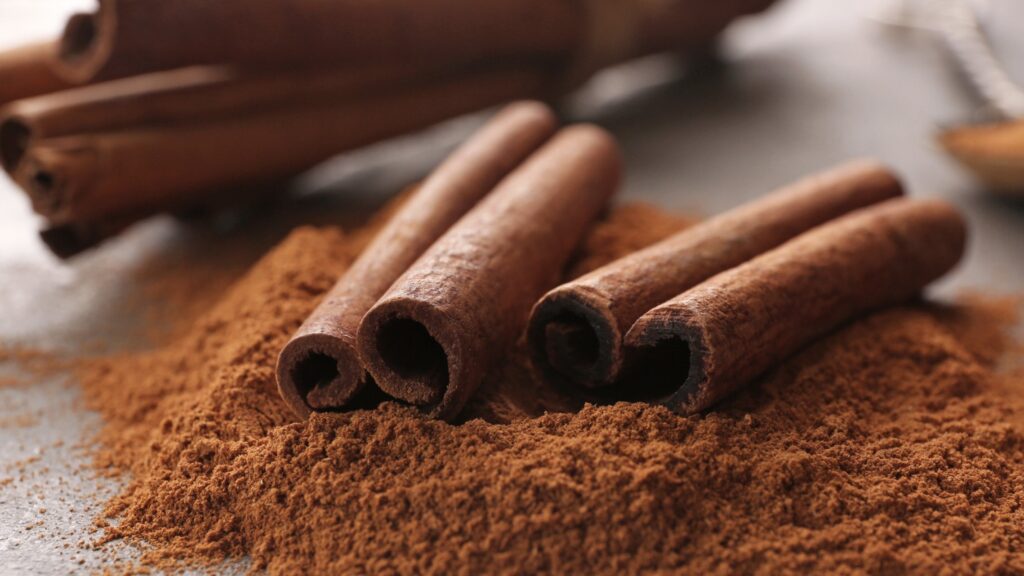
Cinnamon controls diabetes and reduces blood sugar levels in the body by stimulating the activity of insulin. Its bioactive components cinnamaldehyde, cinnamate, cinnamic acid, and numerous essential oils can help you prevent diabetes.
Studies have shown that it can work as an effective option to lower blood sugar levels in cases of uncontrolled type-2 diabetes.
It should however not be taken in excess as it can lead to breathing problems and increase the heart rate, causing excessive sweating.[3]
You can mix one-half to one teaspoon of cinnamon in a cup of warm water and drink it daily. You can also add cinnamon to tea, smoothies, and baked desserts.
3. Black Plum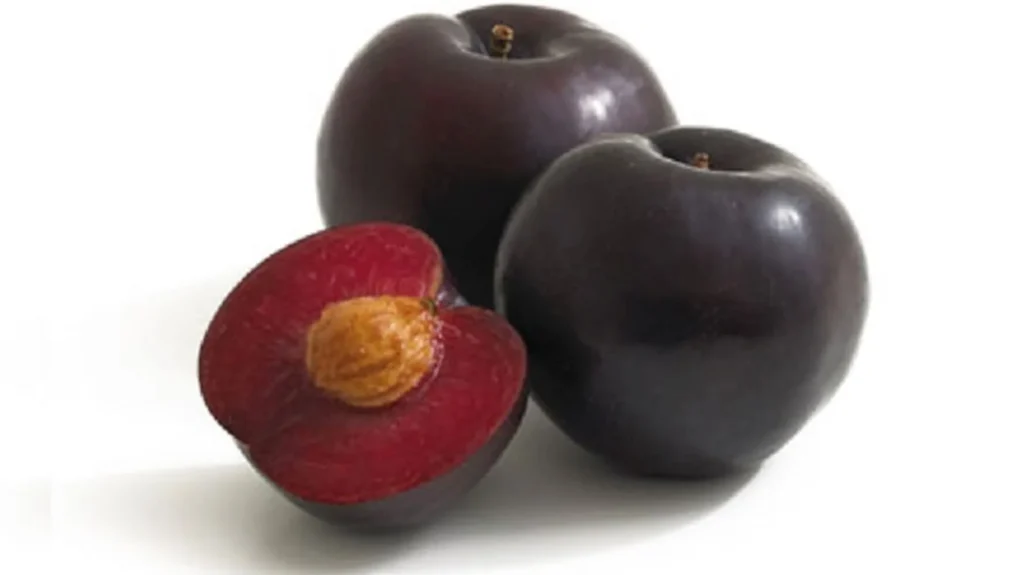
Black plum can help a lot in controlling blood sugar levels because it contains anthocyanins, ellagic acid, and hydrolyzable tannins which are a type of antioxidant.
Almost every part of the black plum plant like the leaves, berries, and seeds is a superfood for those suffering from diabetes.
Research has shown that the seeds of this plant have hypoglycemic effects, which means that they reduce blood sugar and urine sugar rapidly, though not below normal levels. [4]
You can make a powder of dried seeds of the fruit and eat this powder with water twice a day.
4. Basil Leaves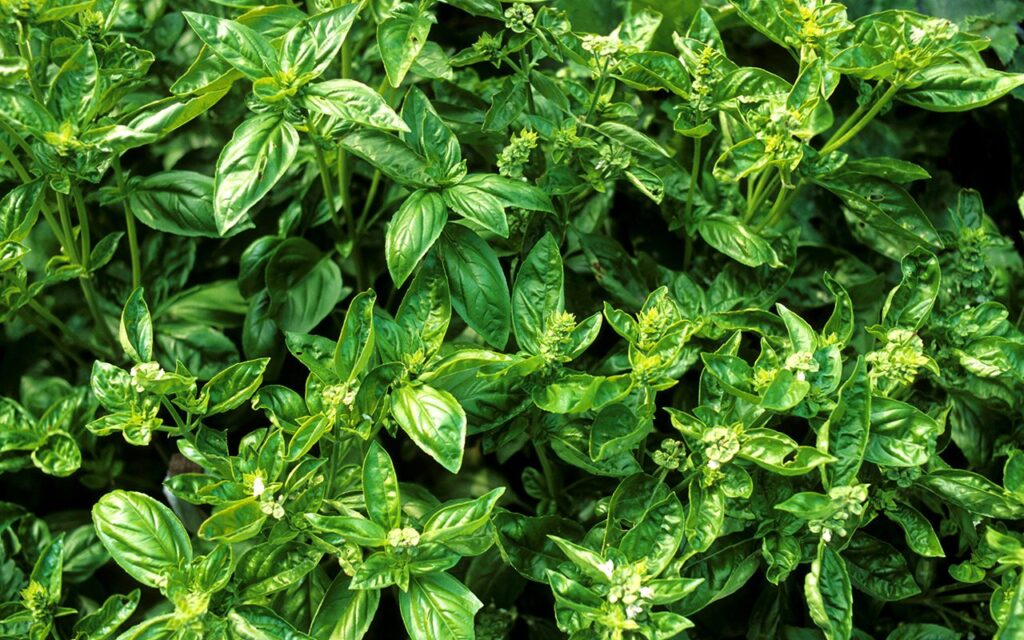
The leaves of holy basil are packed with antioxidants and essential oils to increase sensitivity to insulin.
Collectively these compounds, like eugenol, methyl eugenol, and caryophyllene help the pancreatic beta cells, which are responsible for storing and releasing insulin, to function properly.[5]
An added advantage is that the antioxidants present in the leaves help beat the ill effects of oxidative stress.[6]
Additionally, it has been found that tulsi boosts insulin production and lowers fasting glucose levels by 7% and post-meal blood glucose levels by 17%. You can have two to three tulsi leaves whole or about one tablespoon full of its juice on an empty stomach to lower blood sugar levels. [7]
5. Moringa Leaves
The drumstick or moringa oleifera leaves are best known for their ability to Drumstick or Moringa oleifera leaves are best known for their ability to maintain blood sugar levels and boost one’s energy.
The moringa leaves contain nutrients that increase insulin secretion in the body. The leaves are also rich in antioxidants and have anti-inflammatory properties. [8]
Include 50 grams of fresh moringa leaves for a meal. It will not only add flavor but also reduce the rise in blood sugar by 21%. Either toss them like a salad or steam them like spinach.
Bottom Line
Each day in the United States, some 18 million people with diabetes walk a tightrope between too little sugar in the bloodstream and too much.
Too little, which may come from a complication of medication, and they may quickly be overcome by dizziness, fatigue, headache, sweating, trembling, and, in severe cases, loss of consciousness and coma.
Too much, can happen after eating too much, especially if the person is older and overweight, and the person may experience weakness, fatigue, excessive thirst, labored breathing, and loss of consciousness.
People with diabetes face health hurdles every single day. In this article, we’ll look at home remedies for diabetes, including food remedies for weight control and blood sugar levels, and home care for diabetic foot health.


